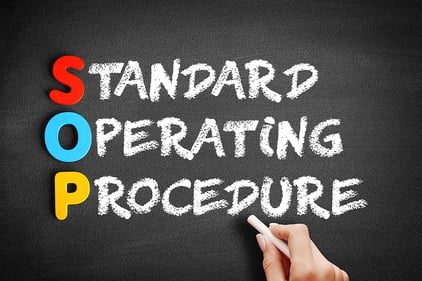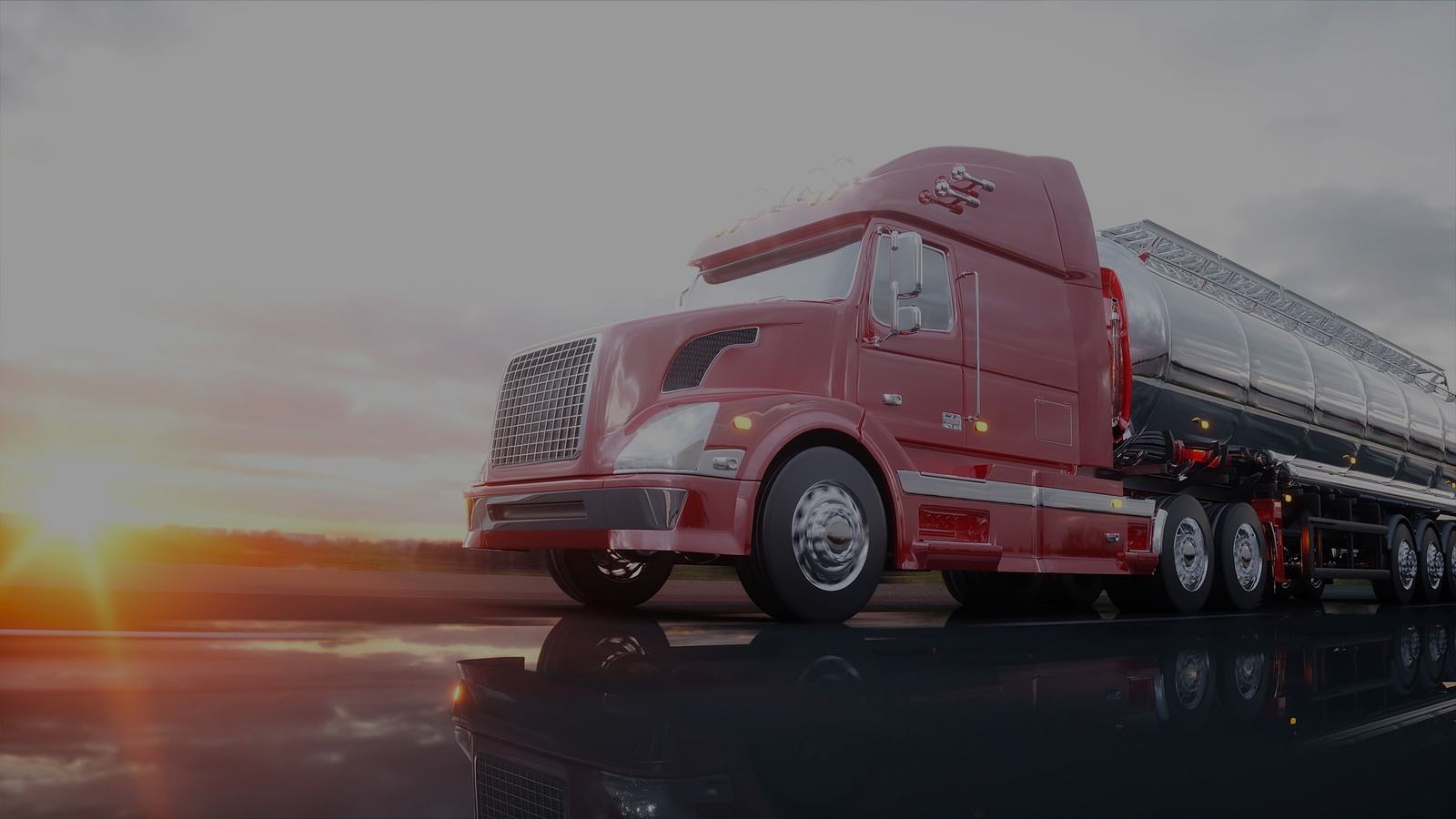With bulk trucking capacity as tight as it is, you need to make sure that once you obtain a truck and driver, the entire shipping process runs smoothly to avoid delays or additional costs. You can do your part by making sure your transportation partner has all the information it needs to ship your goods safely and efficiency. In this article, we’ll examine one key part of the process that sometimes gets overlooked: Standard Operating Procedures (SOPs) for shipping and receiving.
SOP shipping and receiving information to share with your 3PL
 When it comes to ensuring the success of your bulk shipments, there is key information that you should share with your bulk transportation provider. As we cover in detail in our article, “Know Your Product to Ensure Chemical Shipping Success,” this includes product information, product Safety Data Sheets (SDS), and equipment requirements.
When it comes to ensuring the success of your bulk shipments, there is key information that you should share with your bulk transportation provider. As we cover in detail in our article, “Know Your Product to Ensure Chemical Shipping Success,” this includes product information, product Safety Data Sheets (SDS), and equipment requirements.
Another key piece of information pertains to the SOPs for the loading and unloading destinations. These are basically the rules of your facilities, governing everything from facility hours to acceptable driver attire. Too often, key details are left out when booking that lead to problems once the driver arrives on site. This can cause delay, disruption and even…beard shaving (more on that in a second).
Key SOP shipping and receiving details that your transportation partner needs to know include:
- The type of tank or trailer required for loading and unloading (e.g., rear or center unload for liquid bulk tankers)
- Hose, fittings, vacuums, pump/air compressor (liquid bulk), blower/vacuum (dry bulk), and other equipment requirements for the visiting driver
- Shipping and receiving hours, including break times where no staff is available onsite
- Tank wash requirements
- Incompatible prior products (i.e., some companies will not load their product in a tank or trailer that recently carried a product that is incompatible with its own)
- General company and visitor policies that you expect visiting drivers to abide by
- Safety policies onsite
- Clothing and PPE requirements (e.g., at some chemical facilities, the driver will be expected to wear a full chemical suit; the driver will need to know this and obtain the suit in advance)
- Facial hair restrictions (e.g., many chemical facilities prohibit beards and/or mustaches on site due to concerns about masks fitting and protecting the user properly; there are instances where a driver must shave in order to be loaded or unloaded)
- COVID-19-related requirements (e.g., many facilities will require masks and social distancing at all times)
- TWIC card requirements (The Transportation Worker Identification Credential [TWIC] is a form of identification from the TSA that drivers and other personnel can obtain to access secure areas. Typically, it has been required at ports or other sensitive areas, but some private companies now require drivers to have TWIC cards in order to gain entry to their facilities).
If your company and its loading/unloading facilities require any of the above or have additional requirements for drivers, it is important that you inform your carrier in advance. Failure to do so can result in the driver being turned away from a facility, causing delays and triggering additional costs from the carrier.
Sharing SOP shipping and receiving info with a freight broker
When selecting a transportation provider, freight brokers can be an attractive option to many shippers based on their experience dealing with a diverse range of both shippers and carriers. By playing the role of a transportation matchmaker between the two, freight brokers are unique in that they fully understand the needs of both.
Bulk Connection is a North American freight broker has specialized in liquid and dry bulk freight since 1987. During that time, we’ve handled all kinds of products and worked with all kinds of shippers and facilities. So, no matter what you’re shipping or where you’re shipping to or from, we likely have a wealth of relevant experience and expertise.
For SOPs for shipping and receiving, we work with shippers closely – asking the right questions to make sure we receive all the necessary information. We’re always happy to guide shippers through the process as much as they need. We also go the extra mile to ensure that shipments are handled safely and efficiently. We call the loading and unloading facilities ahead of time to confirm key details and make sure that the driver is supplied with all key contact information. To learn more about the benefits of working with an ISO-certified bulk freight transportation expert, contact Bulk Connection today.




